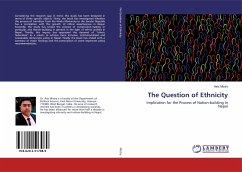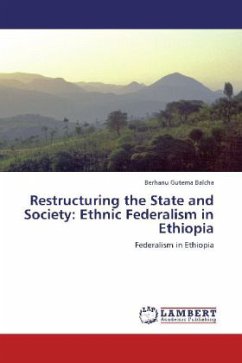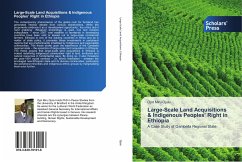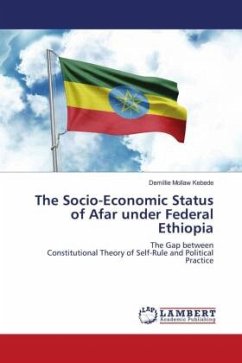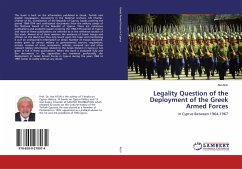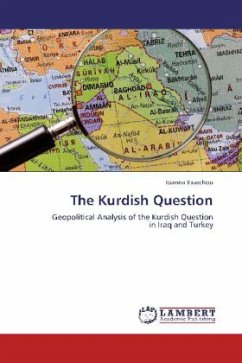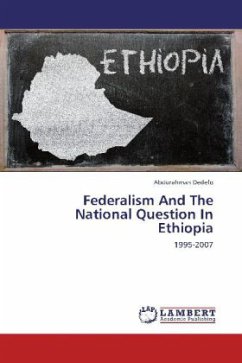
Federalism And The National Question In Ethiopia
1995-2007
Versandkostenfrei!
Versandfertig in 6-10 Tagen
32,99 €
inkl. MwSt.

PAYBACK Punkte
16 °P sammeln!
The current federal structure, which was adopted since 1991, has radically changed the socio-political structure of the country. The previous highly centralized and unitary arrangement was discarded and replaced with a very much decentralized and federal arrangement. This change was welcomed with both great hope and great fear. The question then is, is it the best available option to keep the antagonistic groups of the country together? Is it benefiting the forgotten and oppressed minority groups? How is the elite's reaction to it? Who will benefit most and will lose? This and other related qu...
The current federal structure, which was adopted since 1991, has radically changed the socio-political structure of the country. The previous highly centralized and unitary arrangement was discarded and replaced with a very much decentralized and federal arrangement. This change was welcomed with both great hope and great fear. The question then is, is it the best available option to keep the antagonistic groups of the country together? Is it benefiting the forgotten and oppressed minority groups? How is the elite's reaction to it? Who will benefit most and will lose? This and other related questions are discussed and answered in the process. The book gives a detailed understanding of what the Ethiopian politics looks like and it's distinguishing feature. Thus, the book has a multi-dimensional benefit for those who would like to know about the Ethiopian politics as well as to use it as a reference.



